July, 2012

Writer Emily Giffin gets women. She gets how they talk, how they love, and what makes them fall apart. Her novels feature nuanced female protagonists whose flaws and foibles readers often recognize as their own. A native of Chicago, Giffin spent her twenties practicing litigation at a Manhattan law firm before decamping to London to pursue the writer's life. The fruits of her labor, Something Borrowed(2004), the story of a woman who falls for her best friend's fiancé, became an international best-seller and later a film starring Kate Hudson. Four novels, all New York Times best-sellers, followed in quick succession. With her latest effort, Where We Belong, Giffin returns to familiar ground (rekindling lost love, female friendship) while charting fresh territory (the mother-daughter bond, the destructive nature of secrets).
Giffin chats with reader and interviewer Evelyn Crowley about her new book, chick lit, and characters she'd like as real-life friends.
Goodreads: In the opening chapter of Where We Belong, TV producer Marian Caldwell is content with her New York City lifestyle, and then the daughter she secretly gave up for adoption 18 years earlier shows up on her doorstep. What inspired you to write this story? Do you have any firsthand experience with adoption?
Emily Giffin: At its heart the book is about secrets and what happens to us and those closest to us when we keep them. I've always been intrigued by the power of secrets. When is it justifiable to keep them from the ones we love? And does keeping them irrevocably change who we are? Adoption (under the secretive circumstances in Where We Belong) seemed to be a great way to explore some of the broader themes.
GR: The chapters alternate between the points of view of the two protagonists: 36-year-old Marian and her 18-year-old daughter, Kirby. Was it difficult to switch back and forth? Did you have any special tricks to get in character, so to speak?
EG: I went back and read my old high school journals to try to get back in the mind-set of a teenager and remember some of the emotional nuances of those years, but otherwise there were no real tricks. I had little difficulty relating to either of these characters. I wasn't much like Kirby as a teenager, but I really understand her in some fundamental way. She's 18 but an old soul—in some ways wiser than the adults in the book.
GR: Do you consider yourself a chick lit writer? Does it irk you to be pegged to that genre?
EG: I actually don't think this book (or my last novel, Heart of the Matter) can fairly be described as chick lit. That said, the term itself has never bothered me. The only thing that bothers me is when the label is used disparagingly, to imply that works in the genre are mindless beach-read fluff. But I try not to get too hung up on labels, as I think they can be very limiting. I just try to write about people navigating problems that most of us can relate to, while exploring emotional terrain that makes you question what you thought you knew.
GR: How did being a mother yourself [Giffin has a five-year-old daughter and eight-year-old twin sons] play into the emotional process of writing a novel about losing and subsequently reuniting with a child?
EG: I think being a mother plays into everything I write now. It is such an integral part of who I am—just like being a daughter, sister, friend, and wife (although I wasn't married when I wrote my first novel) has played into all the books I've written. But more specifically, I didn't think a lot about my own children when I wrote this book, as my family situation is so different from what I was writing about. I can't relate firsthand to giving a baby away (although I so admire anyone who can make that decision). Similarly, it is hard for me to imagine what it would be like to adopt a child, then have her look for her birth parents. I think that would be very difficult, too. It was challenging to put myself in the shoes of these characters, but I obviously think I was able to do so. I think when it comes down to it, finding empathy for your characters is critical to good writing, just as it is critical to all of our real-life relationships.
GR: Goodreads member Andrea Yim asks, "Many of your protagonists are outwardly unsympathetic. That is, they do things that most people would consider amoral (i.e. sleeping with best friend's fiancé), and yet you very adeptly manage to sway the reader into believing their cause is just. Is this something you choose on purpose when developing a character or does the idea for the story stem more from the situation?"
EG: I find flawed characters much more interesting than perfect ones and enjoy the challenge of making readers root for them in spite of their unsympathetic path and destructive choices. Life is about the gray areas. Things are seldom black and white, even when we wish they were and think they should be. I believe most people are good at heart and sincerely try to do the right thing. Yet we are all capable of missteps and of hurting the people we love, and we all have had to grapple with the guilt and regret that come from these mistakes and weaknesses. So yes, I think my characters really drive the plot of my books. My usual process has been to first come up with a general premise, then the characters, then the plot.
GR: How have you developed an ear for dialogue? Do you ever repurpose real-life conversations or struggle to inhabit male characters?
EG: I find myself listening to conversations (sometimes eavesdropping in restaurants, etc.) and really paying attention to the way people talk for purposes of writing dialogue. But unlike a lot of aspects of writing, dialogue has always come easy to me. I really don't have a tough time with male characters either, perhaps because I've always had close male friends.
GR: Goodreads member Nicole asks, "If you had to pick one character from any of your books as your best friend for life, who would you choose?"
EG: Claudia in Baby Proof. She is loyal, smart, and kind. And she loves books as much as I do. Plus, I think my husband would get along well with her husband, Ben.
GR: You practiced law for five years in New York before relocating to London (at the ripe old age of 29) to try your luck as a novelist. What prompted this career change? Had you always wanted to be a writer?
EG: For as long as I can remember I wanted to be a writer (since I was five or six). So I'm not sure exactly what happened during college, when I made the decision to go to law school, as I never lost my desire to become a writer. But looking back, I think I had the sense that I had to get a "real" job first—that I couldn't graduate and promptly sit down to write a novel. I took a lot of history and political science classes—so law school became a logical next stop. If I'm completely honest, I also think I went to school because it felt safer—a more certain path to measurable success. I think it always feels riskier and scarier to go after something you really love and want because the rejection and failure hurts more. On the brink of 30, I decided that I wasn't happy and that I needed to pursue my real dreams.
GR: In Where We Belong you deftly ping-pong between Manhattan's entertainment industry, Midwestern high school life, and suburban Chicago in the 1990s. How did you familiarize yourself with these disparate worlds?
EG: I lived in Manhattan while I practiced law, so although I am very familiar with the city, I was not familiar with the world of television. I had to talk to my friends who work in TV to get all those details right. As far as suburban Chicago goes, I graduated from high school in Naperville in 1990—so that part was easy for me.
GR: Describe a typical day spent writing. Do you have any unusual writing habits?
EG: I usually write in my office, located in a small, detached carriage house in my backyard. It is such a happy place—there's so much sunlight, and everything is white, pink, and orange. On rare occasions, when I need a change of scenery, I write in a coffee shop or bookstore. I don't have many rituals—but I always start out my writing day with a strong cup of black coffee and find that my writing flows more the first thing in the morning (after I get my children off to school) or very late at night.
GR: What authors, books, or ideas have influenced you?
EG: I love books from all genres, except horror—although I sometimes make exceptions for Stephen King. I think anytime you read a book (or see a film or listen to music) that resonates with you, it influences your writing in some way. Some of my favorite authors include Ann Patchett, Alice Munro, Elinor Lipman, Sue Miller, Jane Smiley, Jhumpa Lahiri, Jane Hamilton, Elizabeth Strout,Marisa de los Santos, and Anne Lamott. I love reading about relationships—and I love stories with strong, vivid, memorable characters.
GR: What are you currently working on?
EG: I'm in the part of the publishing cycle that is pretty much solely focused on publicity and marketing and gearing up for my book launch and tour. It's one of the things I love about my career. There are whole months and zones of almost solitary confinement when I'm writing. Then I get to emerge and work with my publicity team, interact with the media, and most important, meet my readers. When the dust settles in early September, I will begin my seventh novel. (Actually eighth—since the first was never published!)
Dacă doriți o să traduc interviul mai pe seară sau mâine, doar să spuneți.
Enjoy!











































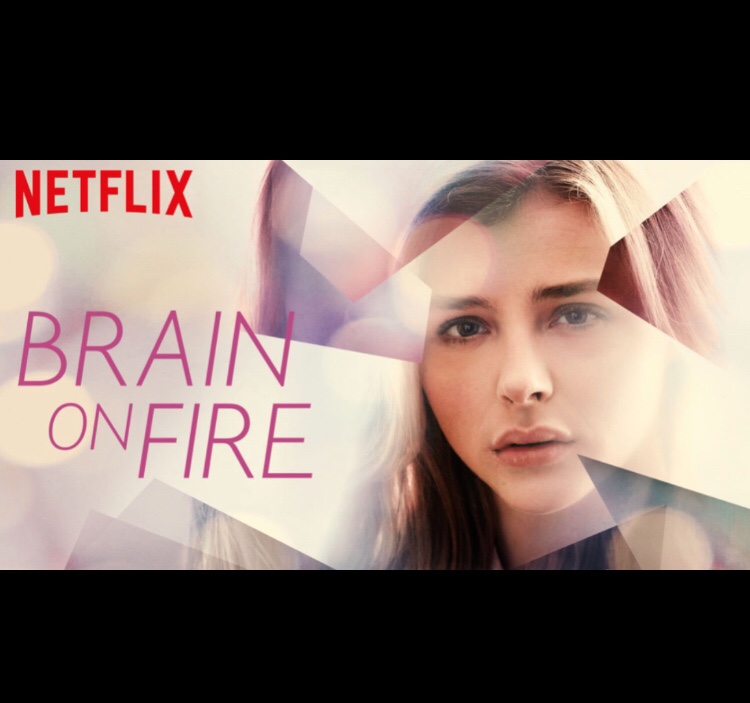
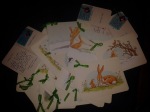


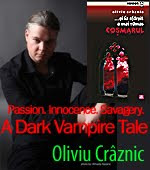


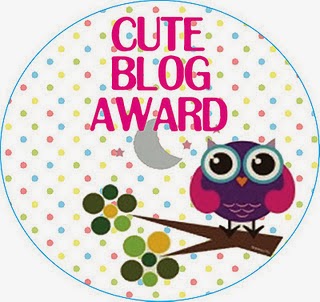

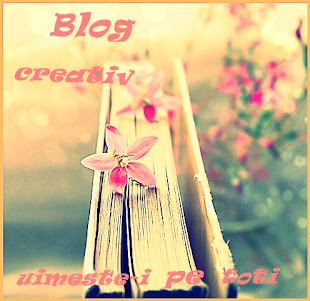



1 fantasies:
Ai o leapsa:)
http://screamerase.blogspot.ro/2012/07/30-days-writing.html
>:D<
miku`
Trimiteți un comentariu